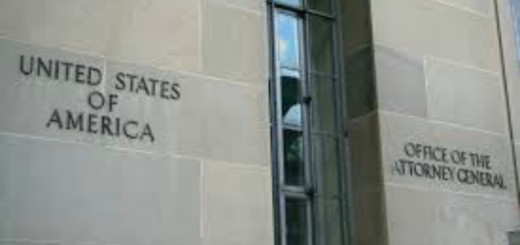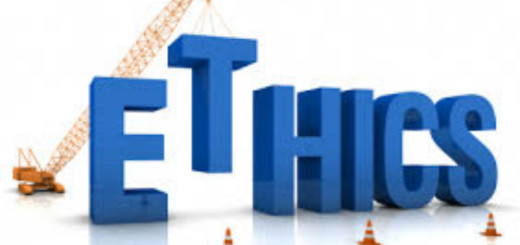Resetting FCPA Prosecution Policies
Recent press reports suggest that the Justice Department is reconsidering its FCPA criminal prosecution policies, particularly with respect to corporate defendants. As reported, DOJ is considering defining and increasing corporate benefits from voluntary disclosures and cooperation. This re-evaluation appears to have been triggered by changes in the Criminal Division leadership. DOJ’s recent Yates memorandum imposed new and significant obligations on companies seeking credit for cooperation...





















